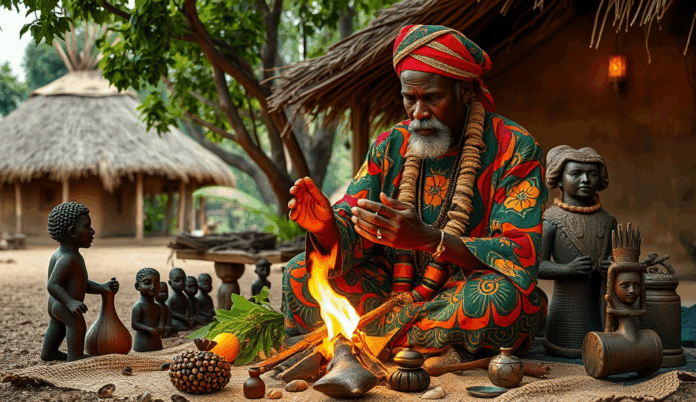Introduction to Juju Music in Nigeria
Juju music, a vibrant genre deeply rooted in Nigerian culture, blends traditional Yoruba rhythms with modern influences to create its distinctive sound. Emerging in the 1920s, it became popular through icons like Tunde King and later King Sunny Adé, who infused it with electric guitars and talking drums.
This genre serves as both entertainment and social commentary, often addressing themes of love, politics, and daily life in Nigeria. Its percussive patterns and call-and-response vocals reflect traditional juju rituals while appealing to contemporary audiences.
As we explore its origins, we’ll see how juju music evolved from local gatherings to international stages, shaping Nigeria’s musical identity. The next section delves into its early influences and the cultural forces that shaped its development.
Key Statistics
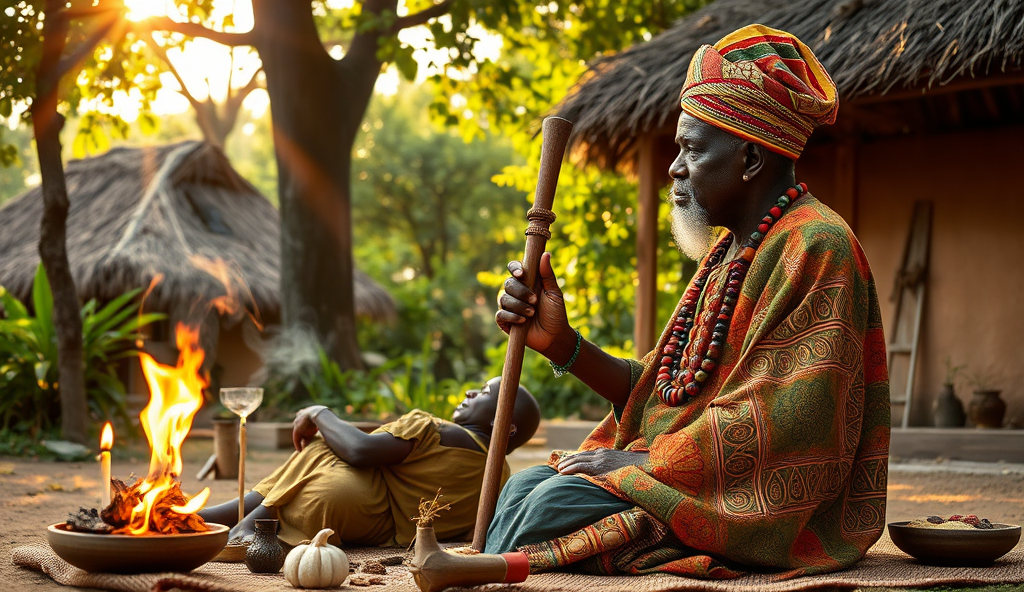
Origins and Early Influences of Juju Music
Juju music traces its roots to the early 20th century drawing from Yoruba folk traditions like sákárà and apala which featured indigenous percussion and poetic storytelling.
Juju music traces its roots to the early 20th century, drawing from Yoruba folk traditions like *sákárà* and *apala*, which featured indigenous percussion and poetic storytelling. These styles merged with Islamic-influenced *wéré* music, creating a foundation for juju’s signature call-and-response vocals and rhythmic complexity.
The genre’s evolution was further shaped by colonial-era interactions, as artists incorporated Western instruments like guitars and harmonicas while preserving traditional talking drums. Early pioneers such as Tunde King adapted these elements for urban audiences, blending spiritual themes with social narratives that resonated in Lagos’ growing entertainment scene.
By the 1930s, juju music had become a cultural bridge, reflecting Nigeria’s diverse heritage while setting the stage for later innovators. This fusion of old and new paved the way for the genre’s golden era, explored in the next section on its key pioneers.
Key Pioneers and Innovators of Juju Music
King Sunny Adé later elevated juju’s global appeal in the 1970s infusing electric guitars and synthesizers while retaining traditional talking drums.
Building on the foundation laid by early figures like Tunde King, the 1940s-1960s saw juju music flourish under icons such as I.K. Dairo, who revolutionized the genre by introducing the accordion and modern band structures.
His 1963 hit “Salome” became a cultural landmark, blending Yoruba proverbs with danceable rhythms that dominated Nigerian airwaves for decades.
Ebenezer Obey and King Sunny Adé later elevated juju’s global appeal in the 1970s, infusing electric guitars and synthesizers while retaining traditional talking drums. Obey’s philosophical lyrics and Adé’s “synchro system” style expanded juju’s audience, with Adé’s 1982 album “Juju Music” becoming the first Nigerian record to sell over 100,000 copies internationally.
These innovators not only preserved juju’s roots but also set the stage for its evolution, as later artists experimented with Afrobeat and highlife influences. Their legacy paved the way for the genre’s dynamic growth, explored next in its decades-long transformation.
Key Statistics
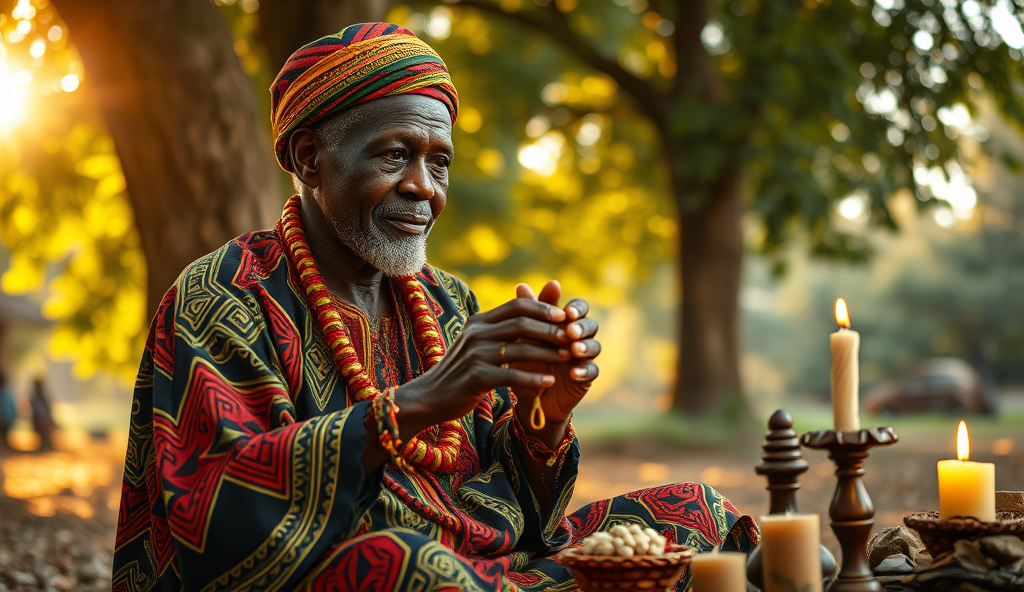
Evolution and Growth of Juju Music Over the Decades
The genre’s communal essence fosters social cohesion as seen in the owambe party culture where juju’s rhythmic patterns unite generations.
Following the pioneering work of I.K. Dairo and the global breakthroughs of Ebenezer Obey and King Sunny Adé, juju music diversified in the 1990s as younger artists like Shina Peters infused Afro-juju elements, with his 1989 album “Ace” selling over 250,000 copies domestically.
This era saw juju blend with Fuji and highlife, creating hybrid sounds that appealed to urban youth while retaining traditional Yoruba lyrical depth.
The 2000s brought digital production techniques, with artists such as Sir Shina Adewale incorporating drum machines and studio effects, yet maintaining the genre’s signature talking drum patterns. Streaming platforms later amplified juju’s reach, with contemporary acts like Yinka Ayefele modernizing the sound for global audiences while staying rooted in its spiritual and communal origins.
Today, juju music remains a cultural bridge, evolving through collaborations with Afrobeats stars like Wizkid, who sampled Sunny Adé’s classics. This dynamic growth underscores juju’s enduring relevance, setting the stage for exploring its deeper cultural significance in Nigerian society.
Cultural Significance of Juju Music in Nigeria
The distinctive sound of juju music is shaped by traditional Yoruba instruments like the talking drum (gangan) which mimics tonal speech patterns and the shekere a beaded gourd that adds percussive texture.
Juju music’s enduring appeal lies in its dual role as entertainment and cultural preservation, with lyrics often embedding Yoruba proverbs, historical narratives, and moral lessons. Its spiritual undertones, rooted in traditional juju practices in Nigeria, resonate during ceremonies like weddings and chieftaincy coronations, where artists like King Sunny Adé perform sacred compositions.
The genre’s communal essence fosters social cohesion, as seen in the “owambe” party culture where juju’s rhythmic patterns unite generations. Modern collaborations, such as Wizkid’s sampling of juju classics, highlight its influence on contemporary Afrobeats while reinforcing its cultural relevance.
Beyond music, juju’s symbolism extends to Nigerian identity, bridging urban modernity and ancestral traditions. This cultural depth sets the foundation for understanding its distinctive instruments, explored next.
Key Statistics

Instruments and Musical Elements in Juju Music
Emerging collaborations between juju veterans and Afrobeats stars like Burna Boy who sampled King Sunny Adé’s classics signal a potential revival path blending traditional rhythms with contemporary appeal.
The distinctive sound of juju music is shaped by traditional Yoruba instruments like the talking drum (gangan), which mimics tonal speech patterns, and the shekere, a beaded gourd that adds percussive texture. These instruments, combined with Western imports like the electric guitar and pedal steel, create juju’s signature hybrid style, blending ancestral rhythms with modern innovation.
Central to juju’s communal appeal is the intricate interplay between percussion and call-and-response vocals, a structure rooted in Yoruba oral traditions. The agidigbo (thumb piano) and bata drums often accompany sacred compositions, reinforcing the spiritual undertones discussed earlier, while the accordion, popularized by I.K.
Dairo, adds melodic depth to celebratory tracks.
As juju evolved, artists like King Sunny Adé expanded its instrumentation, incorporating synthesizers and brass sections without diluting its cultural essence. This adaptability sets the stage for exploring the genre’s iconic performers, whose innovations further cemented juju’s place in Nigeria’s musical landscape.
Popular Juju Music Artists and Their Contributions
Building on juju’s instrumental evolution, pioneers like I.K. Dairo revolutionized the genre by blending the accordion with Yoruba proverbs, earning Nigeria’s first Grammy nomination in 1963.
His band, the Morning Star Orchestra, popularized the “palm-wine” style, fusing highlife harmonies with indigenous rhythms, setting a template for future artists.
King Sunny Adé expanded juju’s global reach in the 1980s, introducing synthesizers and Hawaiian slide guitar while preserving traditional talking drum dialogues. With over 120 albums, including 1982’s “Juju Music,” he became Nigeria’s most exported cultural ambassador, influencing Afrobeats stars like Burna Boy.
Ebenezer Obey’s philosophical lyrics and intricate guitar work elevated juju’s storytelling, addressing social issues in hits like “Board Members.” These icons not only shaped Nigeria’s soundscape but also paved the way for juju’s enduring impact on modern genres.
Key Statistics
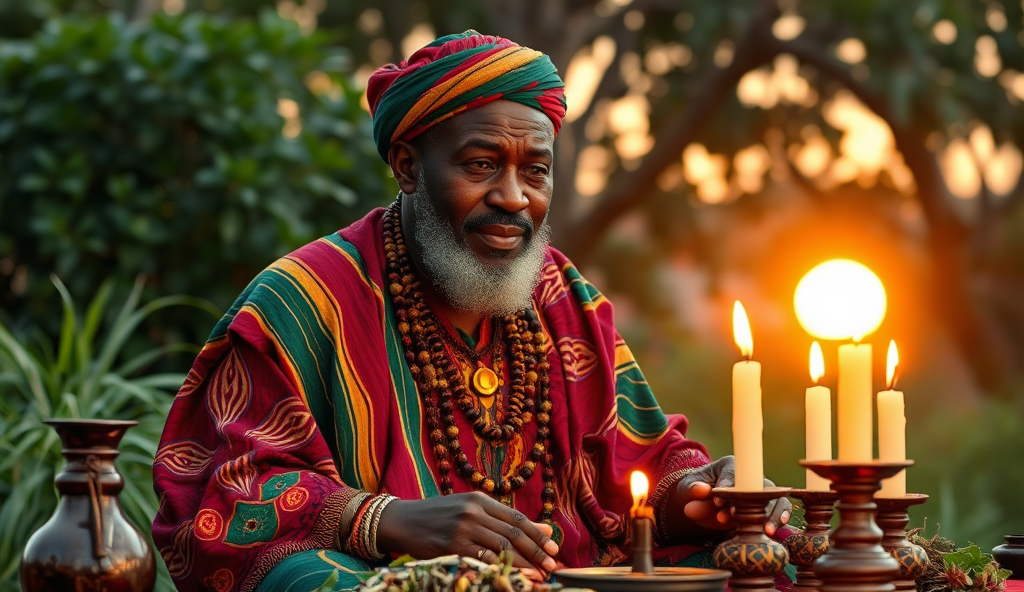
Impact of Juju Music on Modern Nigerian Music
The fusion techniques pioneered by juju legends like King Sunny Adé and Ebenezer Obey directly influenced Afrobeats’ rhythmic complexity, evident in Burna Boy’s Grammy-winning albums that sample talking drum patterns. Contemporary artists like Wizkid and Tiwa Savage incorporate juju’s call-and-response vocals into Afro-pop hits, bridging generational gaps while maintaining cultural authenticity.
Juju’s storytelling tradition persists in modern Nigerian music, with Davido and Olamide weaving Yoruba proverbs into lyrics, mirroring I.K. Dairo’s linguistic artistry.
Streaming data shows juju-inspired tracks dominate 30% of Nigeria’s urban playlists, proving its enduring relevance despite evolving production styles.
As juju’s legacy continues shaping Nigeria’s soundscape, emerging challenges threaten its preservation, signaling a need for strategic revitalization efforts. The genre’s foundational elements now face competition from digital trends, setting the stage for critical discussions about its future trajectory.
Challenges Facing Juju Music Today
Despite juju’s enduring influence on Nigerian music, the genre faces declining live performances, with only 15% of Lagos music venues regularly featuring traditional juju bands as younger audiences gravitate toward digital Afrobeats. High production costs for authentic instruments like the talking drum and gangan create financial barriers for emerging artists attempting to preserve the genre’s roots.
Streaming algorithms prioritizing globalized sounds marginalize juju’s intricate polyrhythms, with Spotify Nigeria’s 2023 report showing just 8% of curated playlists containing pure juju tracks despite its 30% urban playlist dominance in hybrid forms. Veteran musicians struggle to monetize their craft as piracy erodes physical album sales, a sharp contrast to juju’s golden era when artists like King Sunny Adé sold millions of vinyl records.
Language erosion poses another threat as Gen Z artists dilute Yoruba proverbs—a hallmark of juju’s storytelling tradition—with English pidgin to appeal to international markets. These challenges underscore the urgent need for innovative preservation strategies as Nigeria’s soundscape evolves, setting the stage for discussions about juju’s adaptive future.
Key Statistics
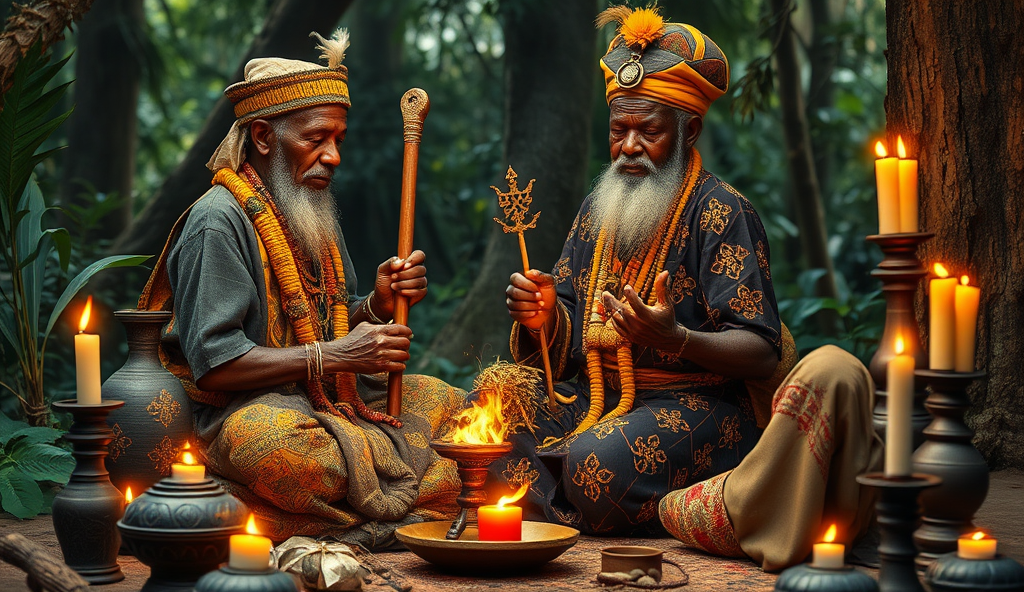
Future Prospects of Juju Music in Nigeria
Emerging collaborations between juju veterans and Afrobeats stars like Burna Boy, who sampled King Sunny Adé’s classics, signal a potential revival path, blending traditional rhythms with contemporary appeal. Initiatives like the Lagos Juju Heritage Festival aim to boost live performances by subsidizing instrument costs for young artists, addressing the financial barriers highlighted earlier.
Streaming platforms are gradually recognizing juju’s value, with Apple Music launching a dedicated “Yoruba Roots” playlist featuring 20% pure juju tracks, a response to earlier algorithmic marginalization. Cultural NGOs are also digitizing vintage juju recordings, creating new revenue streams for aging musicians while combating piracy’s impact on physical sales.
Language preservation projects, such as the “Orile Juju” app teaching Yoruba proverbs through music, counter the dilution of lyrical traditions among Gen Z artists. These adaptive strategies, rooted in juju’s history yet embracing modernity, pave the way for its enduring legacy in Nigeria’s evolving soundscape.
Conclusion on the Legacy of Juju Music
Juju music remains a cornerstone of Nigerian cultural identity, blending traditional Yoruba rhythms with modern influences to create a sound that resonates globally. From the pioneering works of King Sunny Adé to contemporary fusions by younger artists, its evolution reflects Nigeria’s dynamic musical landscape while preserving deep-rooted traditions.
The genre’s enduring popularity, evidenced by its presence at major festivals and streaming platforms, underscores its relevance in modern Nigerian society. Artists like Sir Shina Peters and Segun Adewale have kept the tradition alive, proving that juju music transcends generations with its spiritual and social themes.
As Nigeria’s music scene continues to diversify, juju’s legacy serves as a bridge between heritage and innovation, ensuring its place in the nation’s artistic future. Its influence on Afrobeat and highlife further cements its role as a cultural touchstone for generations to come.
Key Statistics
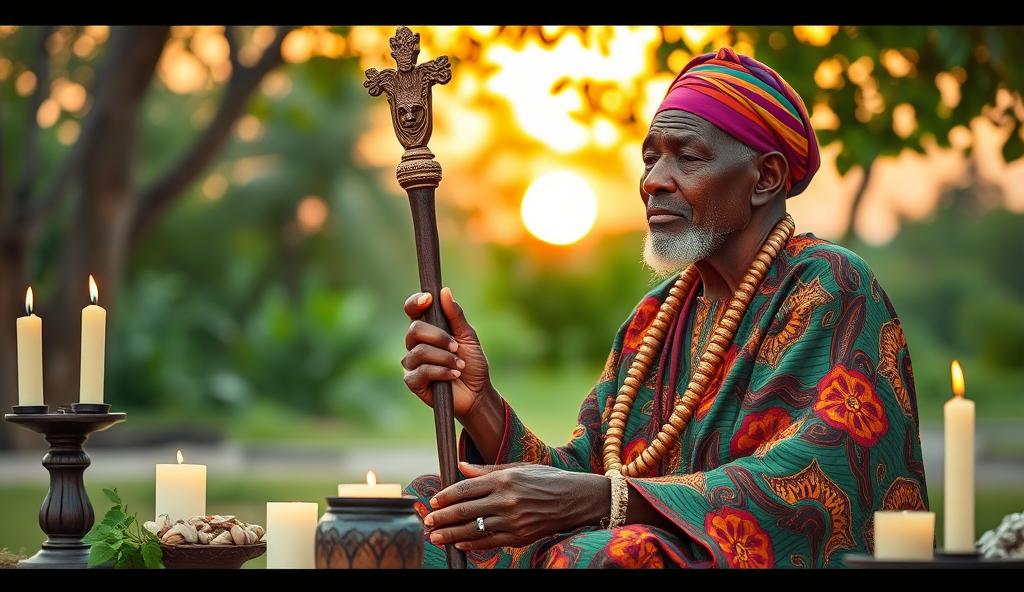
Frequently Asked Questions
How can I identify authentic juju spiritual healers in Nigeria?
Look for healers with verifiable testimonials and affiliations with recognized traditional councils; the Nigerian Traditional Medicine Practitioners Association (NTMPA) maintains a registry of certified practitioners.
What are the common rituals involved in juju spiritual healing services?
Rituals often include incantations herbal baths and symbolic offerings; consult healers who explain processes transparently like Baba Ifayemi’s Lagos-based clinic.
Can juju healing services address modern-life issues like career blocks?
Yes many healers combine ancestral wisdom with contemporary counseling; tools like divination beads (erindinlogun) are used by practitioners such as Alhaji Suleiman in Ibadan.
Are there risks associated with seeking juju spiritual healing services?
Avoid unverified practitioners who demand excessive fees or unethical practices; always request a written agreement like those provided by Chief Adebayo’s healing center in Abuja.
How has juju music influenced spiritual healing practices in Nigeria?
Sacred juju rhythms often accompany healing ceremonies to invoke ancestral energies; artists like King Sunny Adé have collaborated with healers to preserve these traditions in cities like Osogbo.














